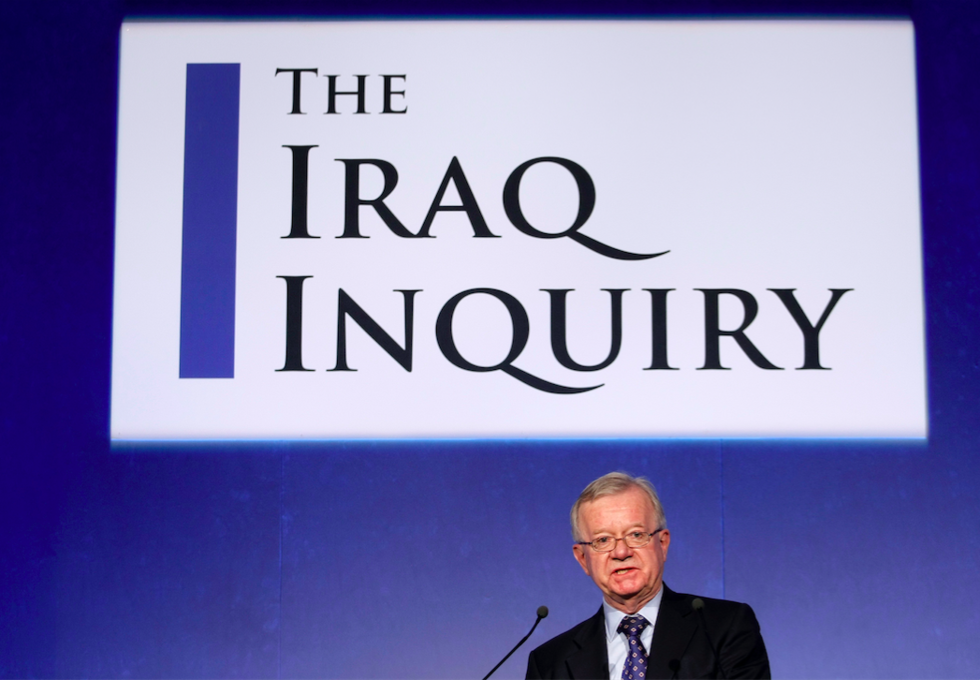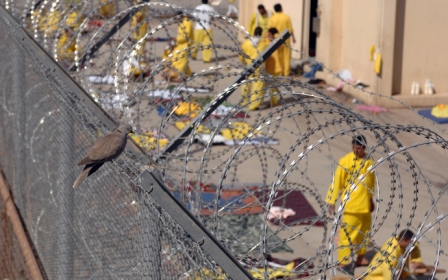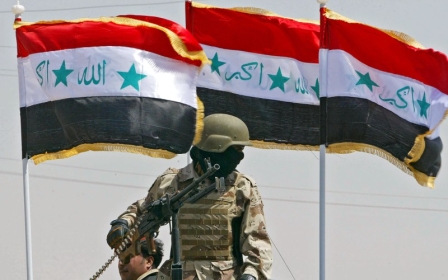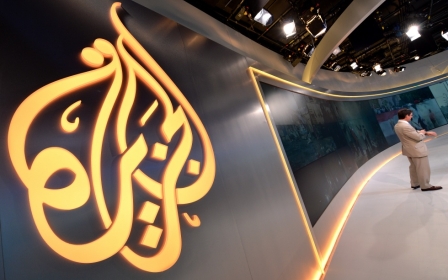Chilcot report on UK’s involvement in Iraq to be published in July

The long-awaited Chilcot report on the UK’s role in the US-led invasion and occupation of Iraq from 2001 to 2009 will be published on 6 July, it was revealed on Monday.
The report’s chief Sir John Chilcot wrote to the prime minister to say that the National Security Council has now finished checking the report and that it will be published without redactions.
However, despite the report’s publication already having been delayed, it will not be released until after the EU referendum taking place on 23 June, reportedly due to fears it could undermine faith in the British authorities. There had been strong calls from some mainly Eurosceptic MPs to push forward the release to early May at the latest.
The 2.6 million-word report - commissioned by then Prime Minister Gordon Brown in 2009 - is based on testimony of more than 150 witnesses (interviewed between 2009 and 2011) and the analysis of more than 150,000 government documents. The inquiry's costs to April 2015 were £10.375m ($15m).
Investigations into what role former Prime Minister Tony Blair played in the run-up to the 2003 invasion, and whether or not he purposefully misled the public about the existence of weapons of mass destruction that were used as a key pretext for war, have been at the heart of the controversy.
All those featured in the report have been allowed to review the evidence, with Blair's camp previously accused of holding up the publication date although they have denied this.
Blair and then US President George W Bush are seen as the main driving forces behind the conflict which caused huge domestic protest in the UK and fiercely split the international community as well as the UN Security Council that refused to authorise military action to topple Iraq’s President Saddam Hussein.
As the US-led coalition failed to turn up any credible signs of weapons of mass destruction and Iraq fell into lawlessness and then outright sectarian strife, criticism of the war grew.
It is now estimated that the war and its consequences caused between 150,000 to one million, overwhelmingly civilian, Iraqi lives.
Almost 4,500 US servicemen and women also died while they were stationed in Iraq as did 179 British soldiers. Thousands more were badly injured in the conflict.
While British and US forces were officially withdrawn in 2011, the country remains bitterly divided with the Islamic State (IS) group rising out of the chaos. The militants managed to sweep through swathes of western Iraq in 2014, prompting the US to once again form a military coalition to intervene in Iraq.
The support has overwhelmingly been confined to air strikes on IS targets, but the US has sent growing numbers of trainers, advisers and more recently, special forces to fight the militants on the ground.
New MEE newsletter: Jerusalem Dispatch
Sign up to get the latest insights and analysis on Israel-Palestine, alongside Turkey Unpacked and other MEE newsletters
Middle East Eye delivers independent and unrivalled coverage and analysis of the Middle East, North Africa and beyond. To learn more about republishing this content and the associated fees, please fill out this form. More about MEE can be found here.




